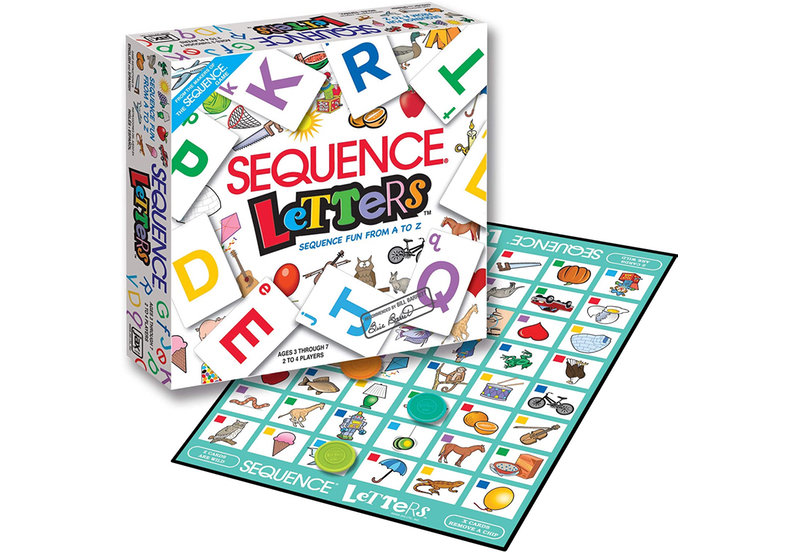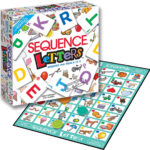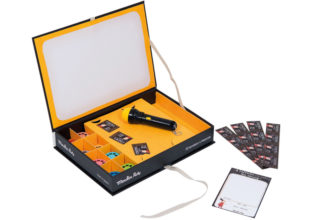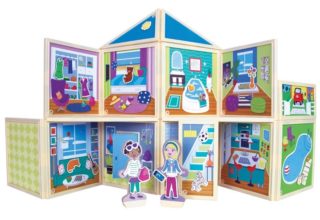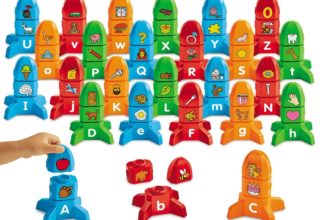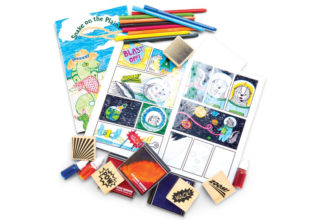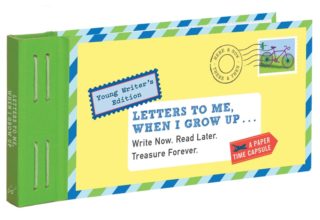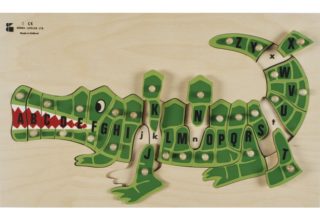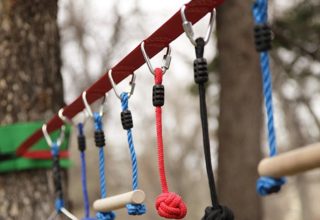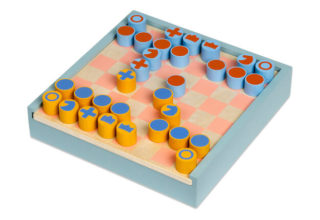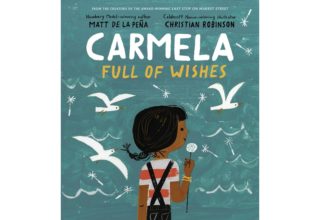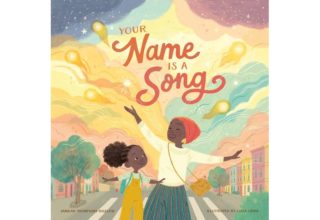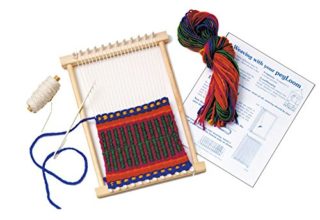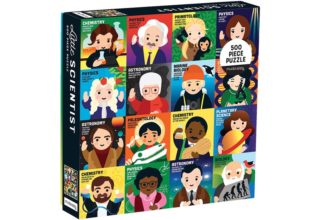Beloved by teachers. One of those fun games where the learning is stealthily embedded: strategy + pre-reading skills. Each card features a letter of the alphabet in uppercase and lowercase, helping children build important letter recognition. For a fun math twist with older children, try Sequence Dice.
Imaginative story disks that put a magical spin on the skill of storytelling. Re-telling and storytelling are important for reading...
A dollhouse you design yourself. Winner of just about every toy award. Why not build the neighborhood too?
Part puzzle, part phonics…all fun. Bonus points for developing fine motor skills.
Pow! Inspire oral language development and storytelling, both key to literacy development. A great self-directed activity with multiple learning outcomes....
Your child will thank you one day. Just you watch. A time capsule for your child to share their stories,...
Found! Scoured the earth to find a simple (yet engaging) puzzle with upper and lower case letters.
Physical and mental dexterity required. Teach your child’s brain and body to work together.
We love the simplicity + and easy storage of this design. Beginner chess and checker strategies are excellent for kids...
Written and illustrated by an award-winning team. This ode to family, to dreamers, and to finding hope in the most...
We love the story, the concept, the illustrations…all of it! Especially the feeling it leaves in you – pride in...
Award-winning classic; or the simpler version here. Captivating way of strengthening the pincer grasp.
A vibrant and engaging way to spark conversations about scientists. Bonus: puzzles improve hand-eye coordination and problem-solving skills. Nothing beats...
A primer on why and how learning to spell is such a powerful and fundamental concept for early learners and...
Community engagement with little ones is filled with layers of good intentions and ambitious learnings. It may take effort, but...
ABCs, colors, numbers, sight words…parents have heard of the ‘push-down’ of academic skills – that Kindergarten has a lot of...
“I think I have a sense for Kindergarten readiness, now how can I support my child to get there?” Keep...
Your go-to list of curated learning projects, activities and games that you can do at home to support your child’s...
“What is a good resource to understand milestones for my child? At what age should they learn colors? Learn numbers?...
Speaking with a child about death is an important, impactful, and often dreaded, teachable moment. Whether prompted by an actual...
A frequent question teachers are asked by parents is, “Should I correct my child’s spelling?” Our short answer – “It...
Teach your child to *THINK* before they speak – to consider the impact of their words (vs. their intent). A helpful...
Tattling is very common but it can be shaped by our responses to their tattling. Teach your child this simple rhyme to work...
Keep your child safe from danger and empower them to be safe. Teach your child to protect themselves with important...
Learn how to appeal to your child’s thinking brain and shape their future behavior by instilling discipline (vs. imposing punishment)....
